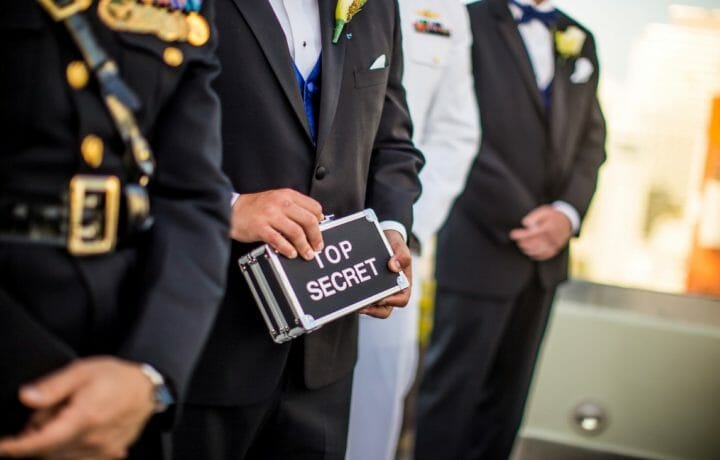Security Violations and Your Security Clearance – DOHA Hearings
The entire National Industrial Security Program (NISP) was developed to enable industry to have access to national security information with the requirement that it be protected. When industry personnel fail to abide by the standards and requirements established, it sets a bad precedence for all of industry. Adjudicative guideline K, Handling Protected Information, covers an array of conduct, behavior and actions that could reflect negatively on an individual’s ability to protect classified information.
Handling Protected Information and Personal Conduct – Case No. 14-01859
In this case, the applicant is a 55-year-old software engineer who has worked for his current employer since 1995 and for his company’s two predecessor companies, totaling over 35 years of employment with defense contractors. He holds a Top Secret security clearance with eligibility for access to Sensitive Compartmented Information. In August 2013, the applicant’s employer submitted an incident report for a security violation. During a random security inspection when leaving a Sensitive Compartmented Information Facility (SCIF), the applicant was found to be in possession of a thumb drive. At the time, the applicant stated that he did not know the thumb drive was in his pocket and that he needed a document that it contained. He later admitted to placing a personal thumb drive into a classified computer system and downloading unclassified files onto the thumb drive for transfer to an unclassified system. He also admitted to using the same thumb drive in two company laptops and a personal computer before and after it was used in the classified system. After an internal investigation, the applicant’s employer concluded that he was culpable in the unauthorized use of a personal thumb drive in a classified system; mishandled classified material; deliberately violated security requirements; and was grossly negligent in the handling of classified material.
In August 2014, the Department of Defense Consolidated Adjudication Facility (DoDCAF) issued a Statement of Reasons (SOR) alleging security concerns under Guidelines K and E. The applicant answered the SOR in September 2014 and elected to have his case decided on the written record. A complete copy of the Government’s file of relevant material (FORM) was provided to the applicant. He subsequently provided additional information for consideration.
The AJ decided that in spite of the applicant’s extensive favorable work history, his statement did not mitigate his deliberate failure to properly protect national security information and deliberate false statement to security personnel. The AJ concluded that the applicant is not eligible for access to classified information.
Analysis/Opinion
I completely agree with the AJ in this case. The applicant deliberately violated established security procedures and policy and provided a false statement to security personnel. Properly handling protected material is the backbone of industry’s relationship with the Government and such deliberate and careless violations must be looked at in a hard light.


